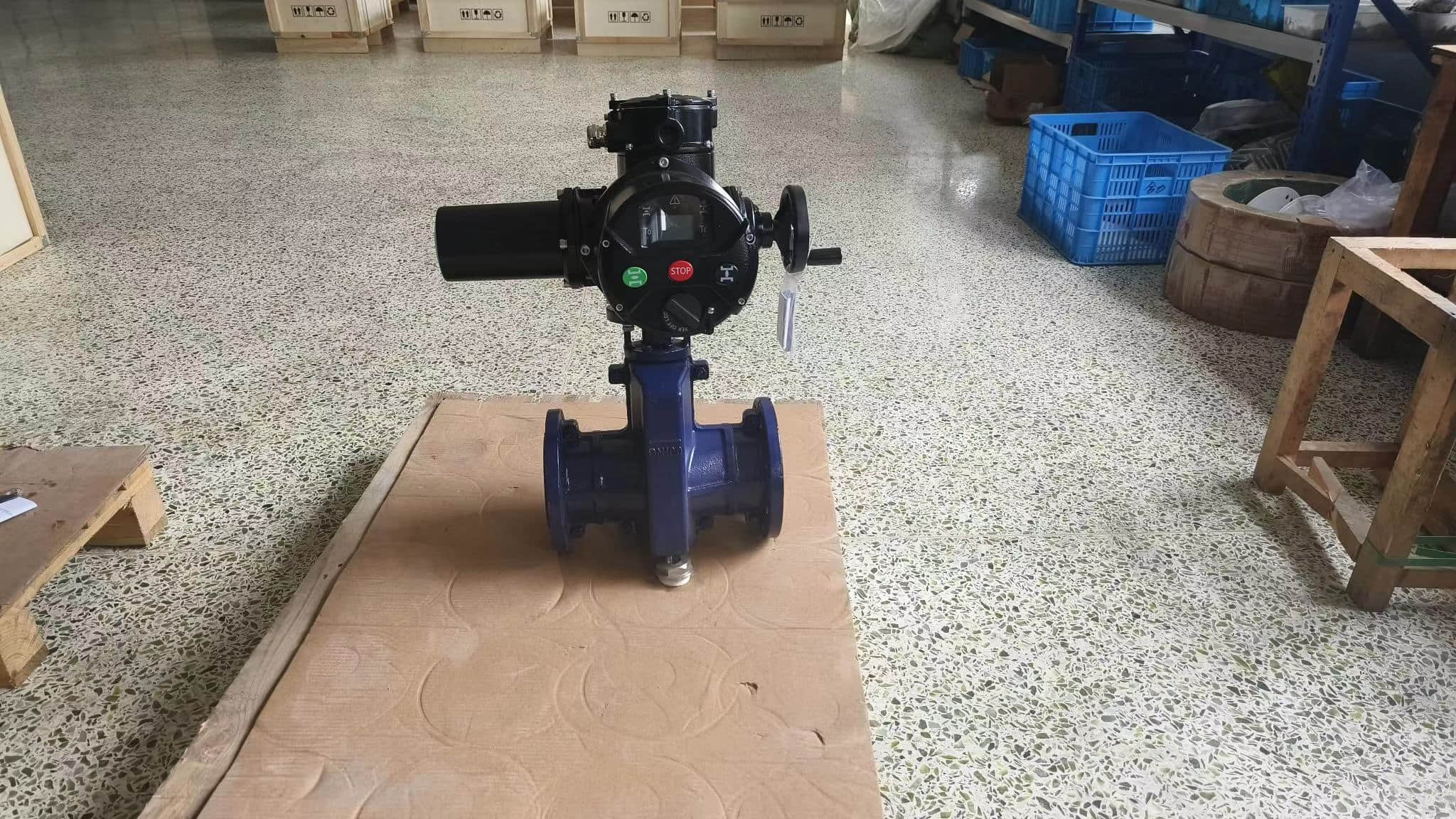understanding electric pinch valves: innovation in flow control
Release time:2024-10-14 19:02:30
Electric pinch valves are an essential component in various industrial applications, offering precise flow control and reliable operation. Unlike traditional valves, which can be bulky and complex, electric pinch valves provide a straightforward mechanism that is both effective and efficient. This article delves into the design, functionality, and applications of electric pinch valves, highlighting their ultimate advantages in modern flow control systems.

At the core of the electric pinch valve's design is a flexible tube, usually made from elastomeric materials. This tube is clamped by an actuator, which can be powered electrically. When the actuator is engaged, it pinches the tube closed, effectively stopping the flow of the fluid within. Releasing the actuator allows the tube to return to its original shape, reopening the flow path. This simple yet effective mechanism is ideal for handling a variety of fluids, including slurries, powders, and corrosive substances. One of the most significant advantages of electric pinch valves is their ability to handle challenging materials. Traditional valves often suffer from wear and tear when dealing with abrasive substances, leading to maintenance issues and increased operational costs. In contrast, electric pinch valves minimize contact with the flow medium, which greatly reduces the risk of damage. The flexible tube can be easily replaced, ensuring minimal downtime and consistent performance.

